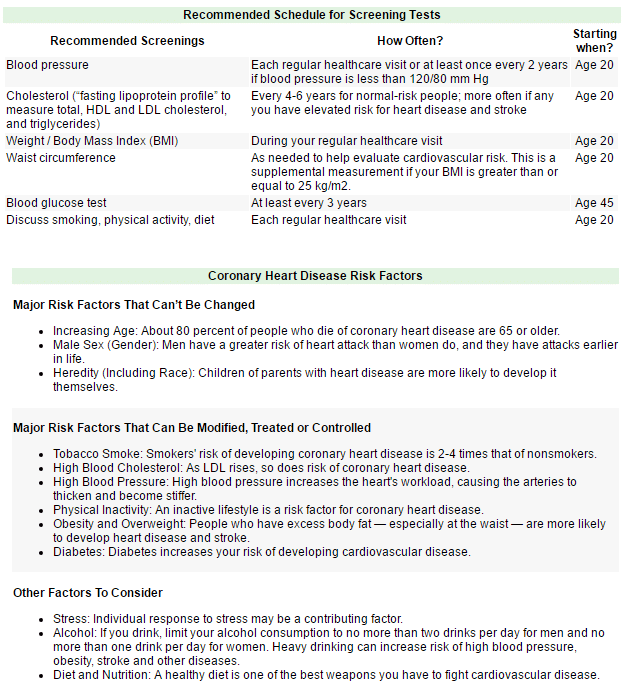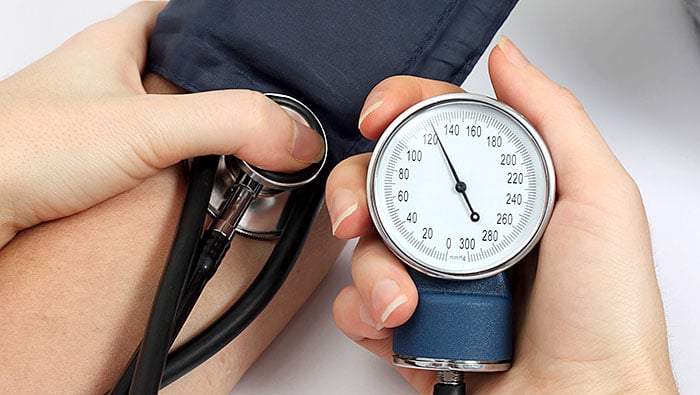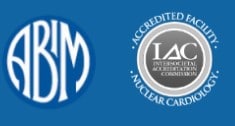How can you prevent cardiovascular diseases like Coronary Artery Disease and improve your heart health? Find a cardiologist who can help you understand and manage your risk factors. Through regular heart health screenings, you can determine how issues like blood pressure, cholesterol, and glucose levels are affecting your health.
“Regular cardiovascular screening is important because it helps you detect risk factors in their earliest stages,” said Barry A. Franklin, Ph.D., and an American Heart Association volunteer. “This way, you can treat the risk factor with lifestyle changes and pharmacotherapies, if appropriate, before it ultimately leads to the development of cardiovascular disease.”
Heart Health Screenings Save Lives
No one has a perfect heart health score, which means no one is immune to heart health problems. While risk factors come on varying levels and some cases are much worse than others, if you don’t know what position you’re in, you can start making positive changes to your health.
Oftentimes, a screening is a wake-up call that reminds patients that their choices matter. Finding out you have high blood sugar or an abnormally large amount of cholesterol levels is a great motivator for necessary lifestyle changes. It also helps physicians know what to look for and how to keep minor issues from becoming a health crisis.
When Should I Start Screenings?
Many patients start at age 20 with an annual heart check-up. But as you age your risk factors increase. Patients over the age of 55 should begin seeking routine heart health screenings. You history also determines the frequency. Patients who carry more risk factors like obesity, smoking and congenital heart issues should be seeking screenings more often than those with fewer issues. Your surrounding also has a big impact. If you’re in a particularly stressful career field, you may need to be seen more often.
What Kind Of Screenings Do I Need?
- Blood Pressure –
High blood pressure has no symptoms and you don’t know you have it without a test. This should be monitored bi-annually. After age 65, your risk of high blood pressure greatly increases so speak to your cardiologists about how often to seek care. - Cholesterol and Triglycerides– This is a simple blood test that measures total cholesterol, LDL (bad) cholesterol, HDL (good) cholesterol and triglycerides.
- BMI– Tracking your weight with a physician is essential to warding off issues like heart disease, stroke, high blood pressure, diabetes, and more.
- Smoking- Smoking is the most important preventable cause of premature death in the United States. If you smoke, tell your doctor at your next healthcare visit. If you smoke, your doctor can suggest approaches to help quit.






